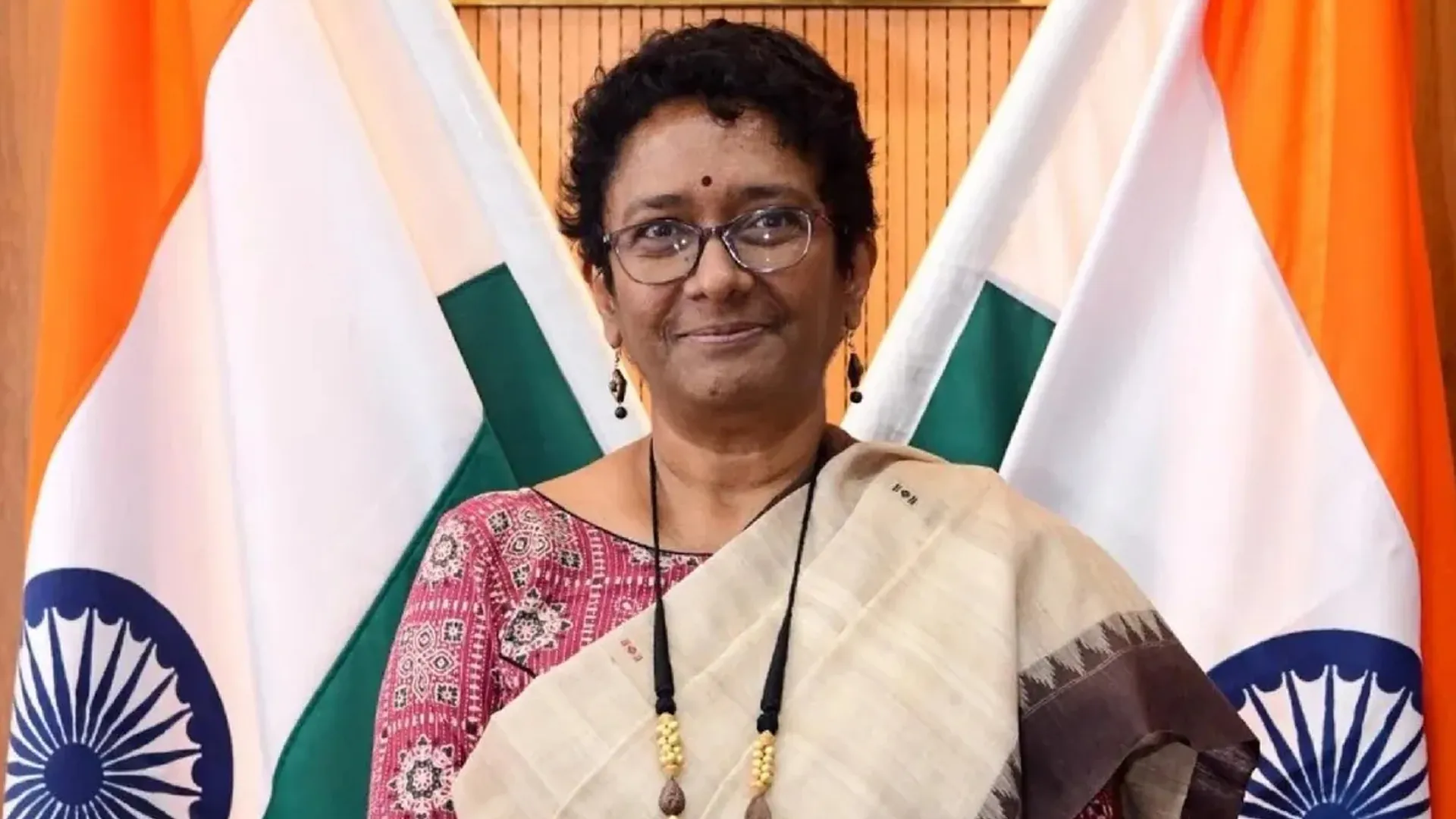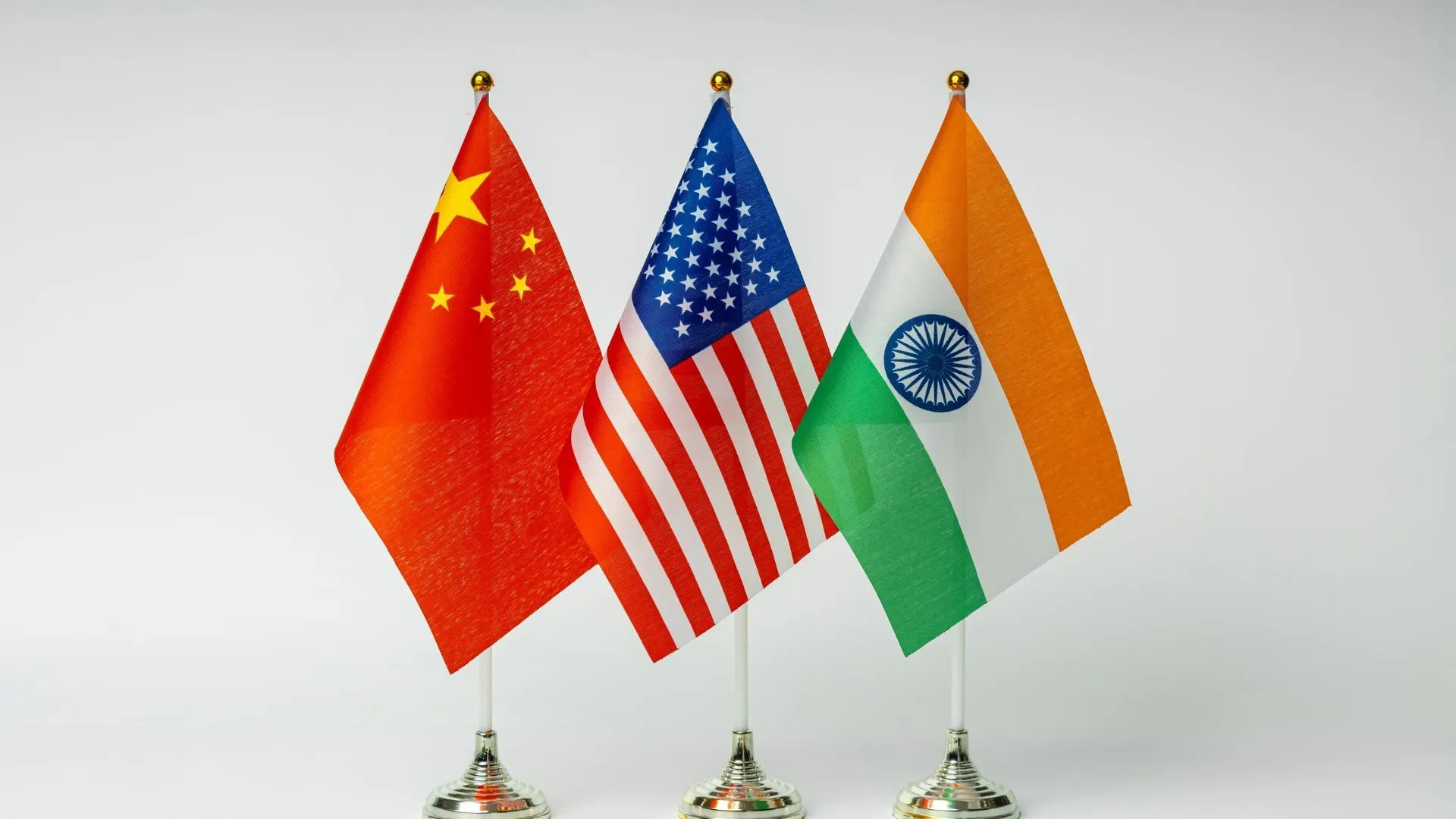Kerala Chief Secretary Sarada Muraleedharan has ignited a major debate regarding racial and gender discrimination after posting a strong Facebook post challenging discrimination against dark skin. In her post, she explained how she fought against societal prejudices over her skin color and how her outlook changed over the years.
Her comment provoked a wave of support and controversy on social media, with much of the crowd cheering her for having the strength to speak out on a matter that still afflicts society.
Who is Sarada Muraleedharan?
A 1990-batch IAS officer, Sarada Muraleedharan was appointed Kerala’s chief secretary in September 2024 as the replacement of her husband Dr. V Venu. During her administrative career, she has been the central force of several schemes directed at social welfare and empowering women.
Muraleedharan started her career with her six-year stint (2006-2012) as the director of Kerala’s Kudumbashree Mission, which was aimed at poverty reduction and women empowerment. She then worked as the Chief Operating Officer at the National Rural Livelihoods Mission under the Ministry of Rural Development, Government of India.
From 2014 to 2016, she was a central figure as the Joint Secretary in the Ministry of Panchayati Raj, leading the Gram Panchayat Development Plans (GPDP), with a focus on citizen engagement.
Her professional experience also encompasses roles such as Trivandrum’s District Collector and different roles in Scheduled Caste Development, Rural Development, Collegiate Education, and Cultural Affairs. She has also worked as the Director General of the National Institute of Fashion Technology (NIFT) for more than two years.
The Controversy: Sarada Muraleedharan’s Facebook Post
Muraleedharan’s Facebook post referred to a situation when someone had equated her leadership with that of her husband when he was chief secretary, declaring that “it is as black as my husband’s was white.” She was offended by the remark and deleted her post at first but then reposted it after being goaded by well-wishers.
Her status wondered why the color black is so demonized, highlighting its importance in the universe. “Black is as black does. Not just black the color, but black the ne’er do good, black the malaise, the cold despotism, the heart of darkness,” she posted.
She continued to describe how black is usually viewed negatively even though it is a part of life. “It was about being labelled black (with that quiet sub-text of being a woman), as if that were something to be desperately ashamed of. Black is as black does. Not just black the colour, but black the ne’er do good, black the malaise, the cold despotism, the heart of darkness.”
Childhood Struggles and Transformation
Looking back on her childhood, Muraleedharan had a painful recollection of asking her mother when she was four years old if she could be “put back in the womb and born all white and pretty.” She confessed to grappling for decades with the social norms around beauty and a sense of inferiority because of the color of her skin.
Social Media Reactions and Political Support
Muraleedharan’s post quickly went viral, with over 1,000 reactions, comments, and shares. Several social media users appreciated her voicing her opinion against colorism, with several expressing their own experiences of discrimination on the basis of skin color.
VD Satheesan, Opposition Leader in the Kerala Assembly, reshared her post, saying, “Salute dear Sarada Muraleedharan. Every word you have written is heart-touching. It deserves to be discussed. I too had a dark-skinned mother.”
Why This Conversation Matters
The problem of colorism is deeply rooted in Indian culture, where light skin is equated with beauty and privilege. Muraleedharan’s post highlights this problem, challenging deep-seated prejudices and promoting a more inclusive view of beauty and self-worth.
Through sharing her challenges, she has initiated a crucial conversation about self-acceptance and social transformation. Her declaration is a potent reminder that beauty is not measured by color but by the confidence and resilience one possesses within.
As the discourse on colorism picks up steam, Muraleedharan’s words will probably continue to motivate individuals to overcome prejudices and accept diversity in all its forms.























